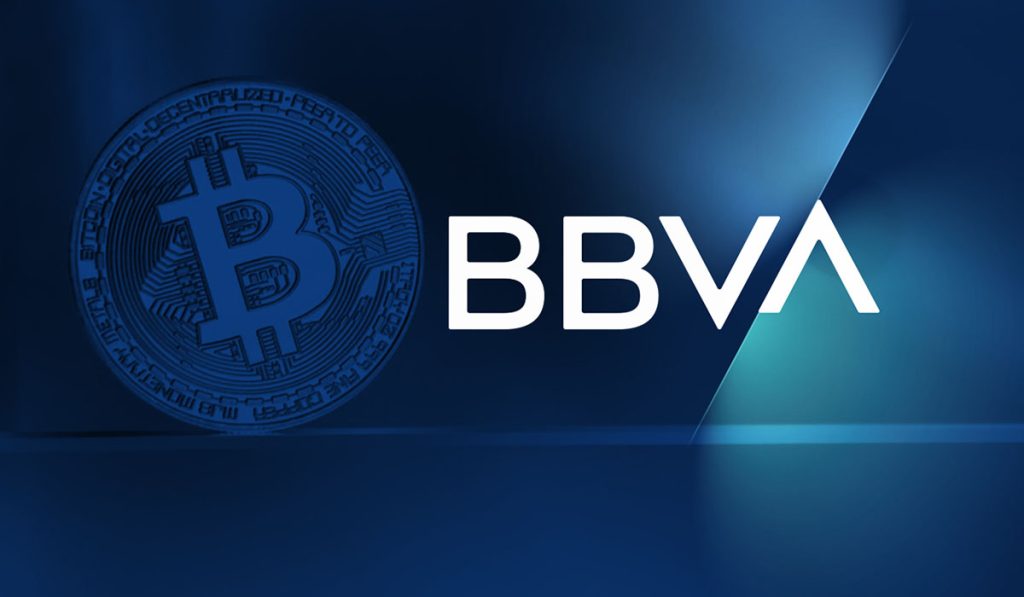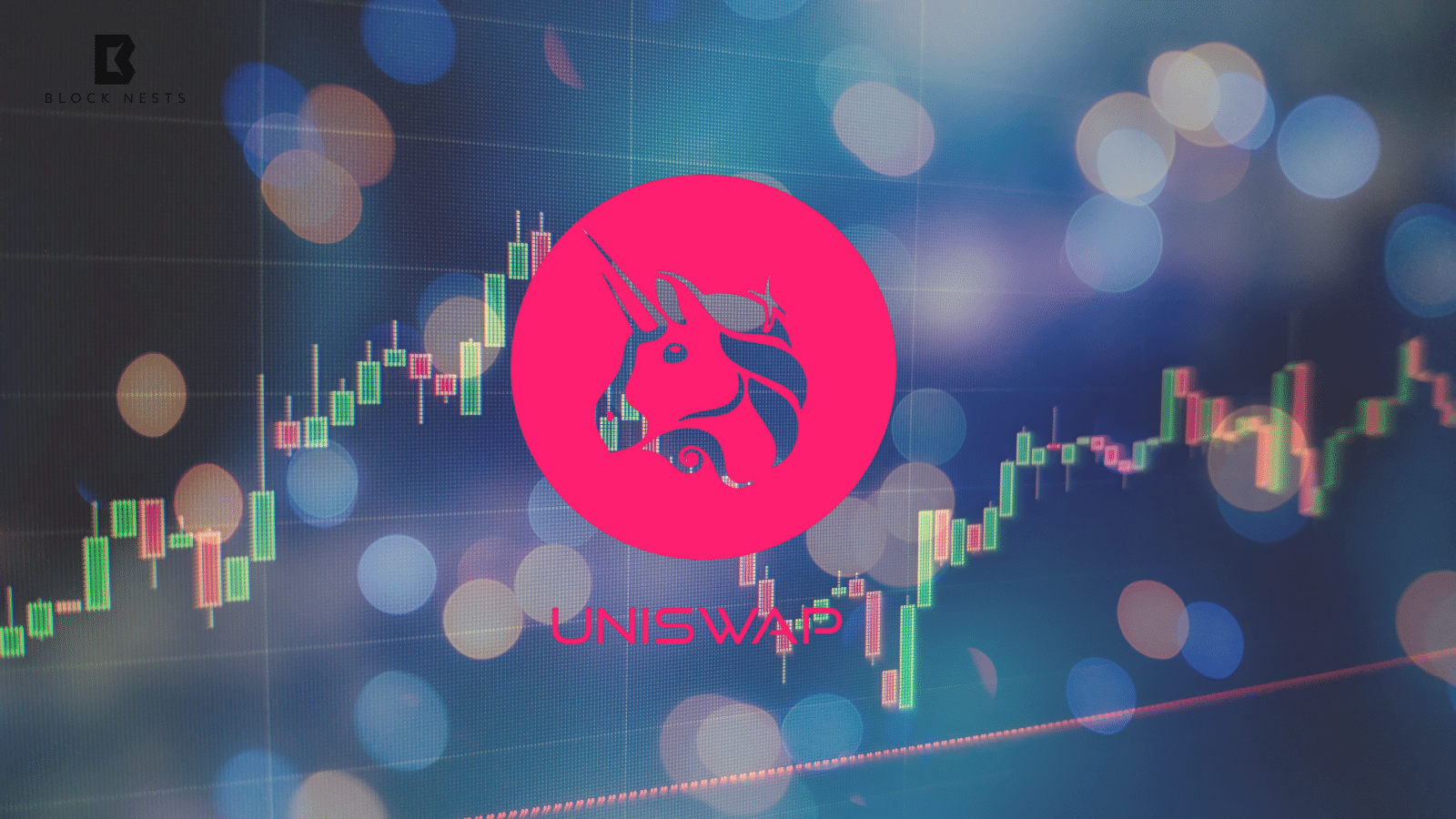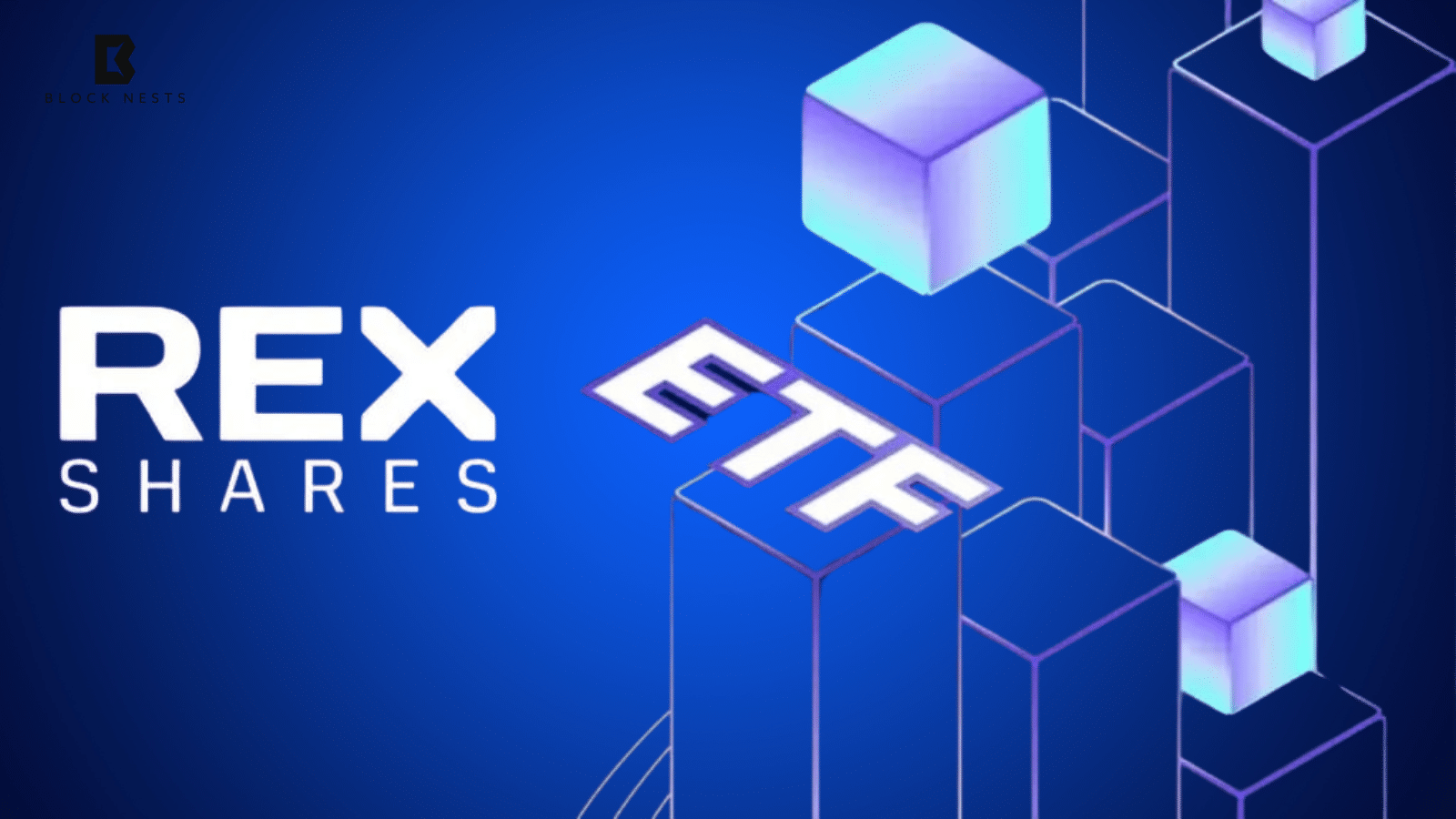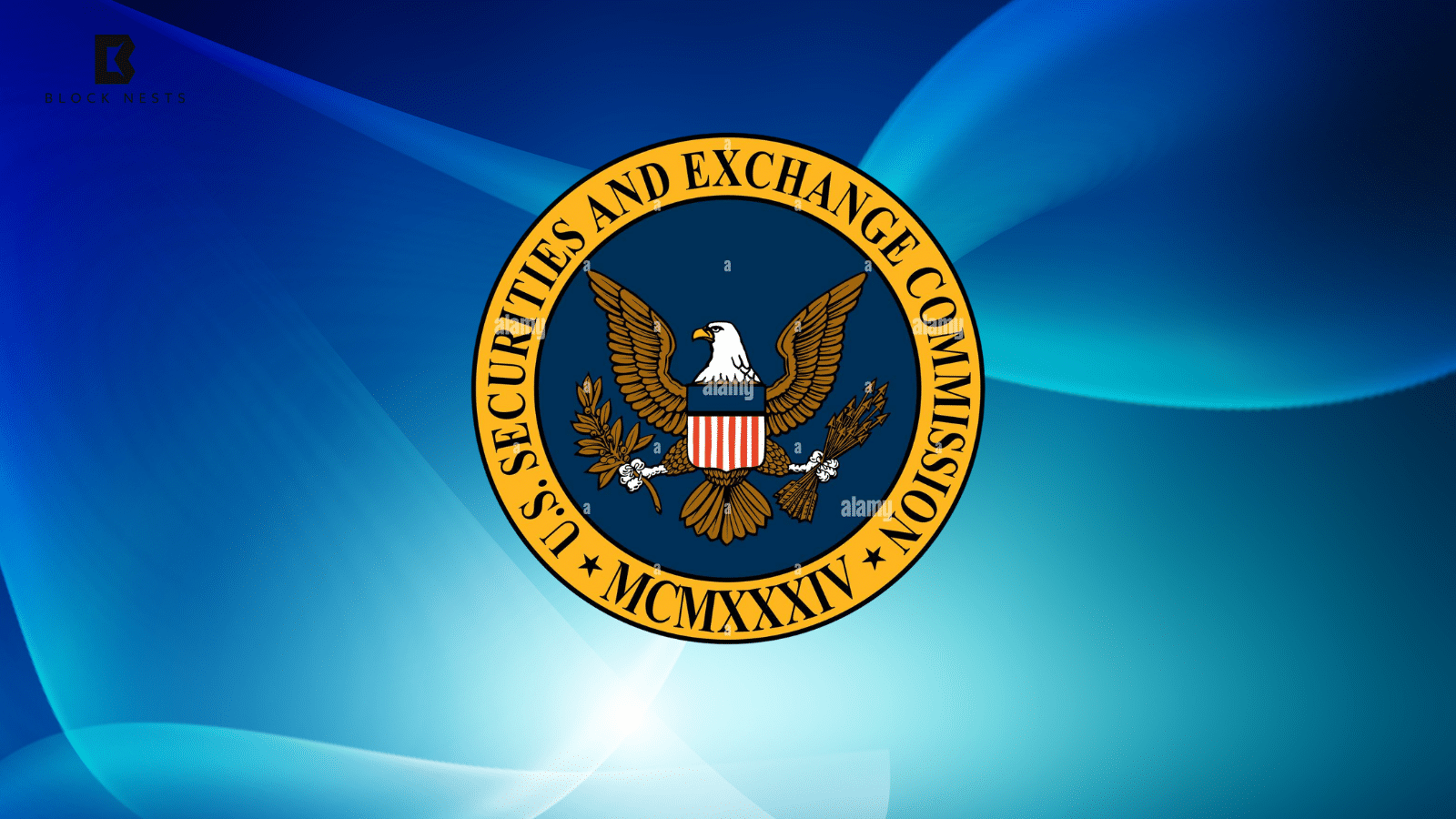- BBVA launches crypto trading for Bitcoin and Ethereum in Spain.
- Service integrates with banking, uses BBVA’s secure custody platform.
- Rollout follows MiCA compliance, aligning with EU crypto regulations.
BBVA, the second largest banking and financial institution in Spain, decided to launch a new cryptocurrency trading service. The service was designed to allow customers to buy, sell, and hold Bitcoin and Ethereum directly, the two biggest cryptocurrencies by market value.
On March 10th, the bank announced that the service will initially be rolled out only to a limited number of users. It will then be progressively deployed over the next few months to all private clients across Spain. This comes after it complied with the legal requirements of operating under the Markets in Cryptoassets Regulation (MiCA) for the deal in the European Union regions.
Spanish customers will be able to conduct their crypto operations along with other banking services. As for security, BBVA will store cryptographic keys on its custody platform, which positively also means that BBVA will not rely on third parties. This makes this approach more secure and reliable compared to the other methods when it comes to being used by users.
It has appeared at the right time, as MiCA legislation that went fully into force at the end of 2024 is still defining the cryptocurrency market in Europe. However, the regulation is currently in force, and firms have until 2026 to fully meet all their compliance requirements. There is a transitional regulation period of 18 months to enable entities to adjust to the new rules.
Source: ESMA
BBVA Leads Regulatory Compliance
Due to the implementation of the MiCA framework, the provision of such crypto services is still on the rise, especially among traditional financial institutions. Hidden Road, a prime brokerage, got its license from the Netherlands’ MiCA on 30 December 2024.
Standard Chartered got its approval in Luxembourg on January 9. A division of Germany’s Boerse Stuttgart, called Boerse Stuttgart Digital Custody, got its license for the MiCA on January 17.
Not surprisingly, the representatives of the decentralized finance industry or the companies that were originally associated with this industry will also switch to the new conditions. This was the case when in January 2025 the MiCA granted its approval to the big exchanges, including OKX, Crypto.com, and HashKey. Bybit was recently delisted in France, but this company has recently been targeted in the largest crypto hacking incident, he said that it now plans to apply for the MiCA license.
Therefore, bank users have increased confidence in BBVA’s proprietary custody platform. This platform sets the bank apart from competitors that employ third-party solutions and shows BBVA’s appreciation for the bank’s innovation and compliance with regulations.
The MiCA that was proposed is now altering the entire framework of the European cryptocurrency market. Overall, BBVA is a perfect example of compliance with regulation for other financial organizations.
How would you rate your experience?






